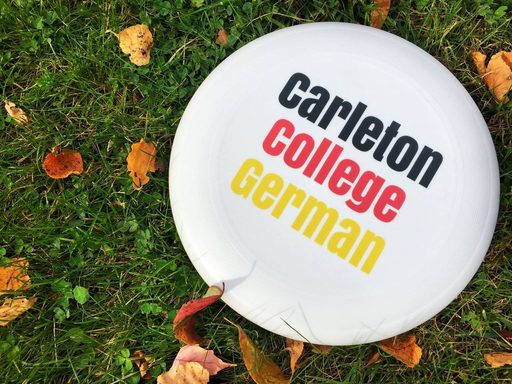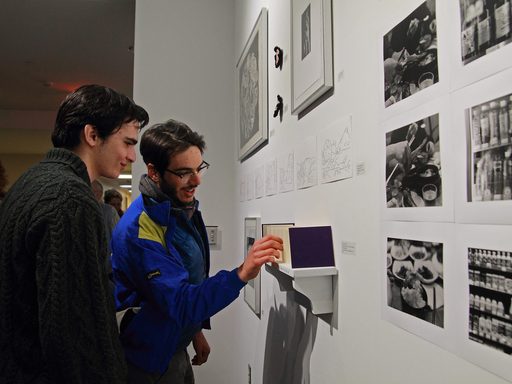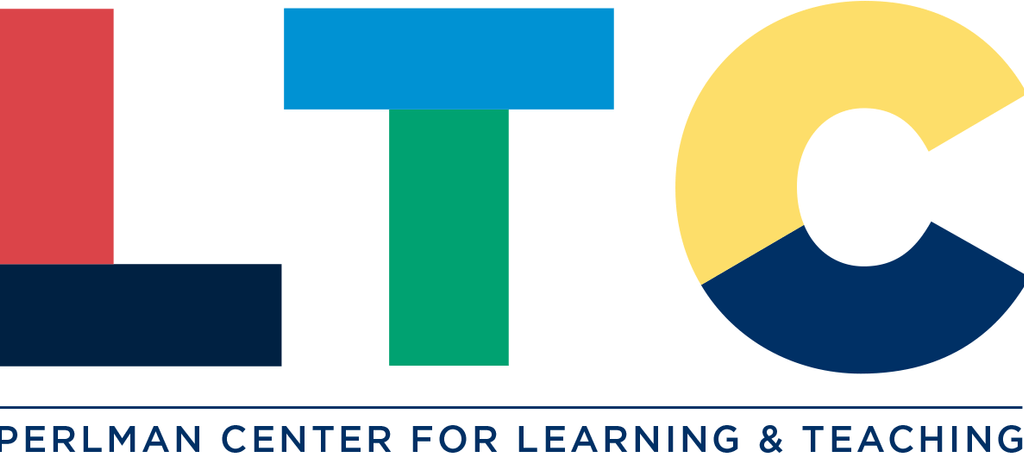German Summer Research Circle
19 September 2022
This past summer, the German faculty applied for summer research circle funding to support each other in projects related to both teaching and research (and the connections between them). In this post, they share the specific gains made on individual projects and course design and the broader benefits they found in the collaborative process.

Connecting with Art Exhibitions and Artist Residencies Across the Curriculum
25 November 2019
The November 12th LTC session provided some excellent examples of how faculty can make use of exhibitions or artist residencies to bring new dimensions of teaching and learning to their…

Categories
- Course Content
- Course Design
- Faculty/Staff Scholarship
- High Impact Practices
- Inclusive Classrooms
- Learning & Teaching with Technology
- Resilient Pedagogy
- Students’ Identities
- Teaching in the Disciplines
- Teaching Methods
Tags
- 10-week term
- Academic Honesty
- Accessibility
- ACE
- Active Learning
- Antiracism
- Arts
- Assignments
- BIPOC Students
- Civic Engagement
- Classroom Environment
- Cognitive Development
- Collaboration
- Community
- Critical Thinking
- DACA
- Data
- Difficult Conversations
- Digital Arts and Humanities
- Digital Competency
- Discussion
- Distraction
- Engagement
- Equity
- Exhibitions
- Experiential Learning (Current Tag)
- Faculty Development
- Faculty/Staff Collaboration
- Faculty/Staff Research
- Feedback
- First Generation Students
- Flipped Classroom
- Focus
- Global Learning
- Grading
- Group Work
- Growth Mindset
- Hidden Curriculum
- Humanities
- IDE
- Immigration
- Inclusive Classrooms
- Information Literacy
- intercultural Studies
- International Students
- LACOL
- Languages
- Large Classes
- Learning Objectives
- Lecture
- LGBTQIA+
- Library
- Low Income Students
- LTC Student Fellows
- Maps
- Media Literacy
- Mental Health
- Metacognition
- Microaggressions
- Moodle
- Multilingual Students
- Neurodiversity
- Off-Campus Studies
- Online Teaching
- Oral Presentation
- Pandemic
- Participation
- Peer Mentoring
- Perlman Teaching Museum
- Podcasts
- Political Events
- Public Health
- Public-Facing Assignments
- QRE
- Quantitative Reasoning
- Racial Understanding
- Reading
- Reflection
- Sleep
- Social Sciences
- Staff Teaching Students
- STEM
- Stereotype Threat
- Student Evaluations
- Student Experiences
- Student Research
- Student Resistance
- Student Support
- Student-Student Rapport
- Students with Disabilities
- Summer Reading Circle
- Syllabus
- Teaching Circle
- Team-Based Learning
- TILT
- Transparent Assignment Design
- Trauma-Informed Pedagogy
- TRIO-SSS
- UDL
- Undocumented Students
- Universal Design for Learning
- Video
- Wellness
- White Spaces
- Women Students
- Writing
- Writing Across the Curriculum

